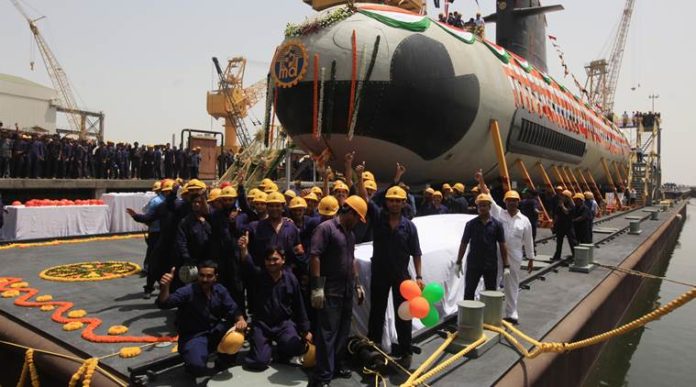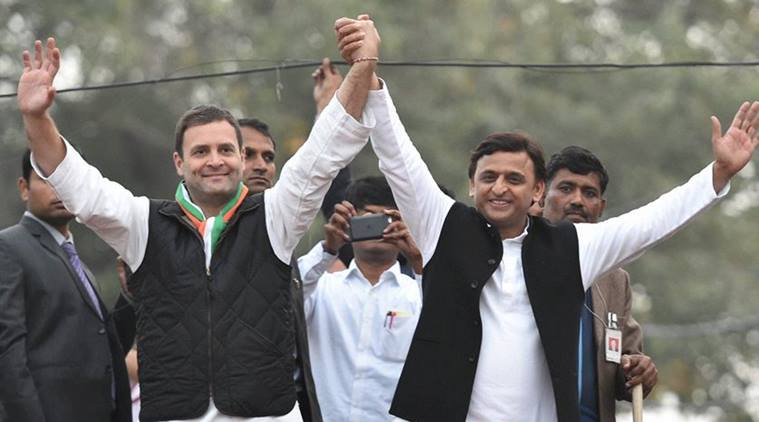In the wake of leak of documents relating to India’s Scorpene project, Australia has told French shipbuilding firm DCNS that it will demand the same level of information security on the new submarine project like it enjoys with its closest ally, the US.
The “warning” was issued privately to French shipbuilder DCNS by a senior Defence official hours after ‘The Australian’ newspaper broke the story yesterday that 22,400 secret DCNS document about India’s new submarine fleet had been leaked.
Defence Industry Minister Christopher Pyne ordered that the warning be issued, showing that the Turnbull government was deeply concerned by the ramifications of the DCNS leak on Australia’s AUD 50 billion submarines project, even though it said publicly that it had no relevance to Australia, ‘The Australian’ reported.
It added that DCNS is expected to announce that it will set up a new security committee in Australia to help safeguard against leaks of classified data for the project.
DCNS Australia head Sean Costello said the new security committee would “govern the measures which DCNS develops to deliver the Australian government’s stringent security requirements for the Future Submarine Program”.
The leaks scandal has grown into a firestorm in India and France where it has been front-page news, as both governments seek to grapple with the damage it has done to India’s national security and to DCNS s global reputation.
The 22,400 pages of leaked secret documents, marked “Restricted Scorpene India” reveal the “highly sensitive combat and stealth capabilities of India’s Scorpene subs”, including the frequencies at which they gather intelligence, their range, endurance, diving depths, the noise they radiate at different speeds as well as their magnetic and infra-red signatures.
The paper said it has been told that the secret data was removed from DCNS by a former sub-contractor in 2011 and taken to a private company in Southeast Asia before being passed to a branch of that company in a second Southeast Asian nation.
A disk containing the data filed was then posted in regular mail to a company in Australia.
DCNS is focusing its investigation on former employees and sub-contractors involved in the project. At this stage it is not thought that the leak came from India, it said.
From Agencies, Feature image courtesy indianexpress


























